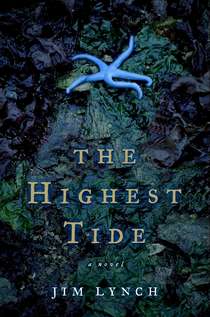The Natural History Society Book Club will meet on Monday, February 23, 3:30 to 5:00 pm to discuss The Big Burn, by Timothy Egan.
On the afternoon of August 20, 1910, a battering ram of wind moved through the drought-stricken national forests of Washington, Idaho, and Montana, whipping the hundreds of small blazes burning across the forest floor into a roaring inferno. Forest rangers had assembled nearly ten thousand men—college boys, day workers, immigrants from mining camps—to fight the fire. But no living person had seen anything like those flames, and neither the rangers nor anyone else knew how to subdue them.
Egan narrates the struggles of the overmatched rangers against the implacable fire with unstoppable dramatic force. Equally dramatic is the larger story he tells of outsized president Teddy Roosevelt and his chief forester, Gifford Pinchot. Pioneering the notion of conservation, Roosevelt and Pinchot did nothing less than create the idea of public land as our national treasure, owned by and preserved for every citizen.
For location and directions, contact Chris: jltnatural@saveland.org




